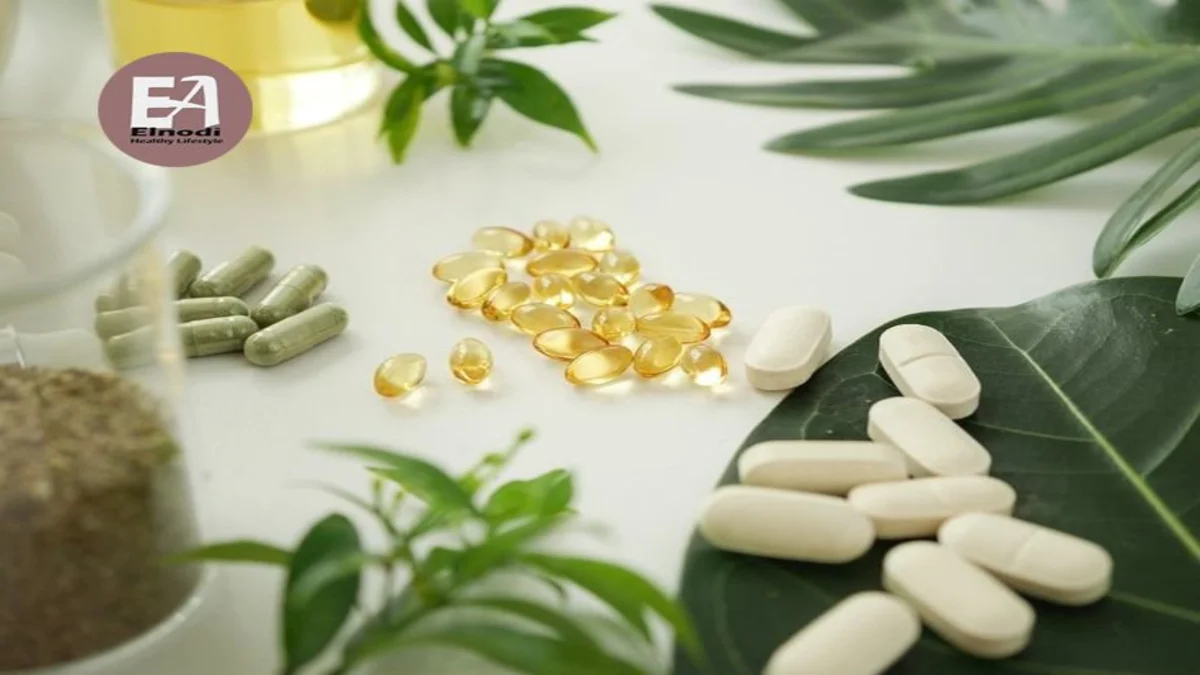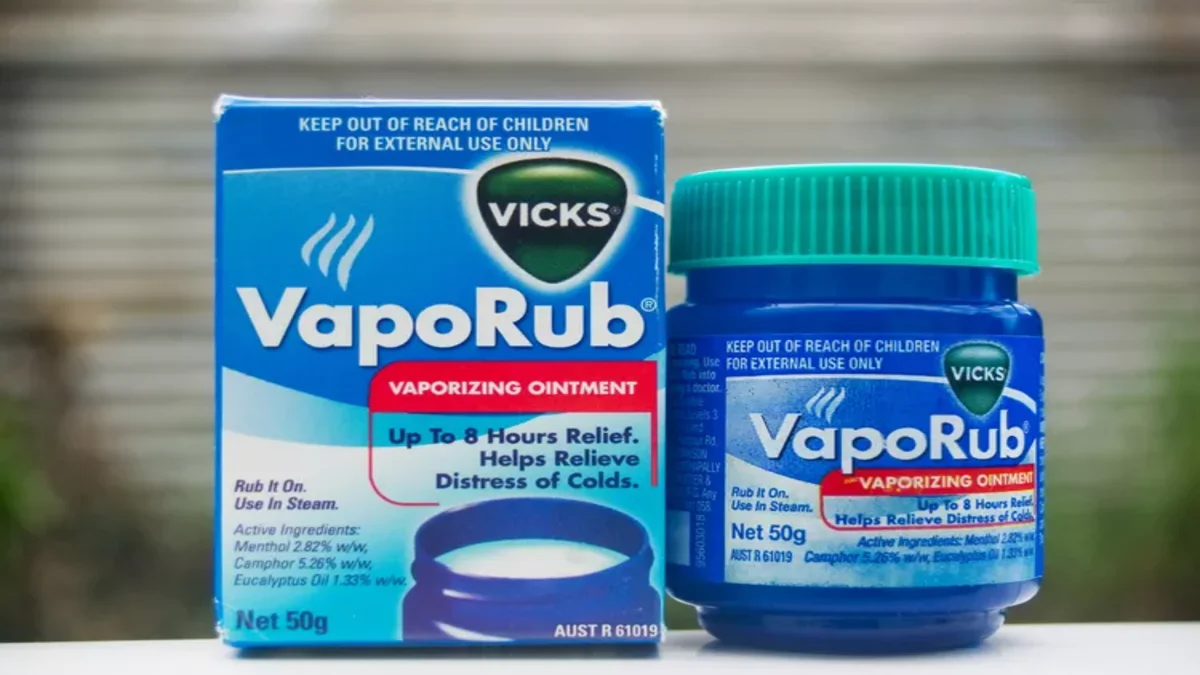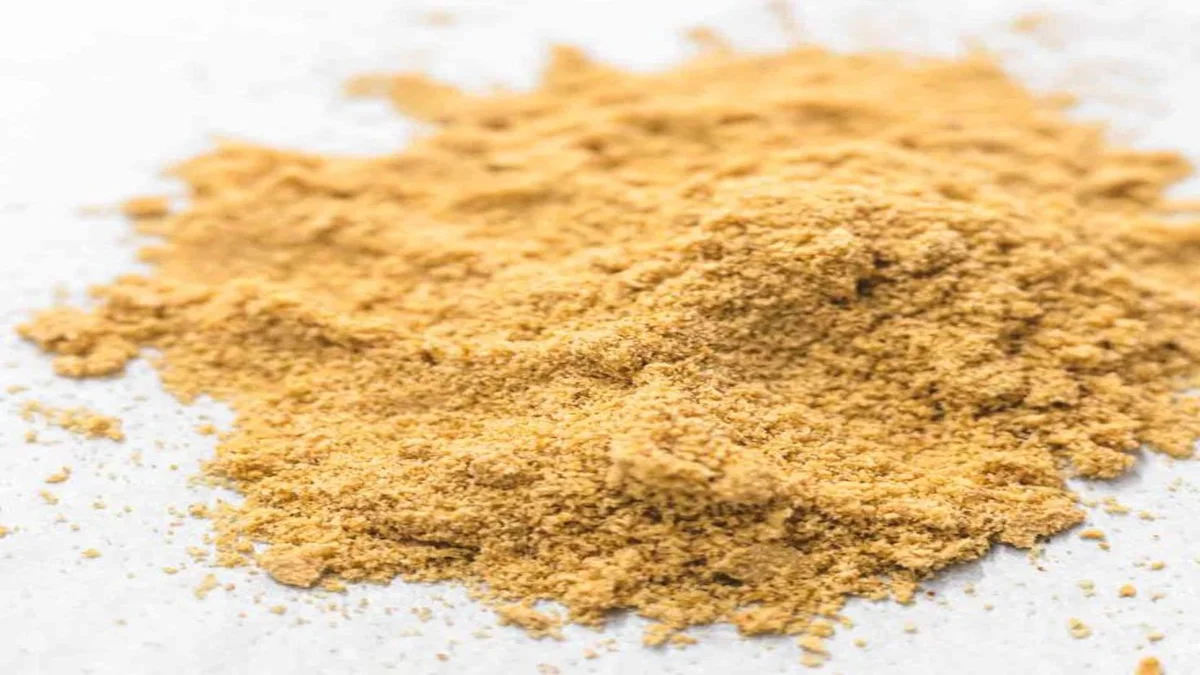If you’re a vegan looking to optimize your nutrition and ensure that you’re getting all the necessary vitamins and minerals, finding the right supplements is crucial.
With the ultimate guide to the best supplements for a vegan diet, you can make informed choices that will support your health and well-being while staying true to your ethical and dietary principles.
Whether you’re a long-time vegan or new to the lifestyle, this guide will provide you with the information you need to enhance your vegan nutrition.
Why do you need vitamins and supplements if you’re vegan?
Although fruits and vegetables are essential for a balanced diet, some vitamins and minerals cannot be obtained only from plants. Going vegan may cause vitamin shortages.
Plants lack some vitamins, minerals, and important fatty acids that meat contains. This implies that if you are vegan, you must regularly supplement your diet or consume fortified foods to ensure that you are obtaining enough important nutrients.
7 best Supplements for a Vegan Diet
1. Vitamin B12
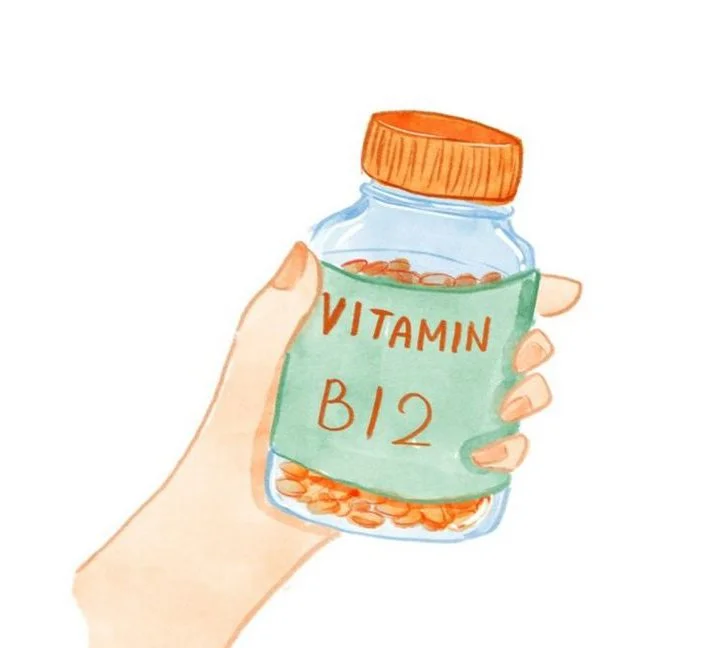
This is critical to nerve function and red blood cell formation. While it is typically found in animal sources, vegans can obtain it through fortified foods such as plant-based milk, nutritional yeast, and breakfast cereals. However, a supplement may be required to guarantee enough intake.
| Food Source | Vitamin B12 Content (mcg per serving) |
|---|---|
| Fortified plant-based milk (1 cup) | 0.5 – 3.0 |
| Fortified breakfast cereals (varies by brand) | Varies, typically 1 – 6 |
| Nutritional yeast (1 tablespoon) | 0.5 – 2.4 |
| Fortified meat substitutes (varies by brand) | Varies, typically 0.5 – 2.0 |
| Fortified tofu (varies by brand) | Varies, typically 0.5 – 2.0 |
| Fortified energy bars (varies by brand) | Varies, typically 0.5 – 2.0 |
| Fortified plant-based yogurt (varies by brand) | Varies, typically 0.5 – 2.0 |
2. Vitamin D
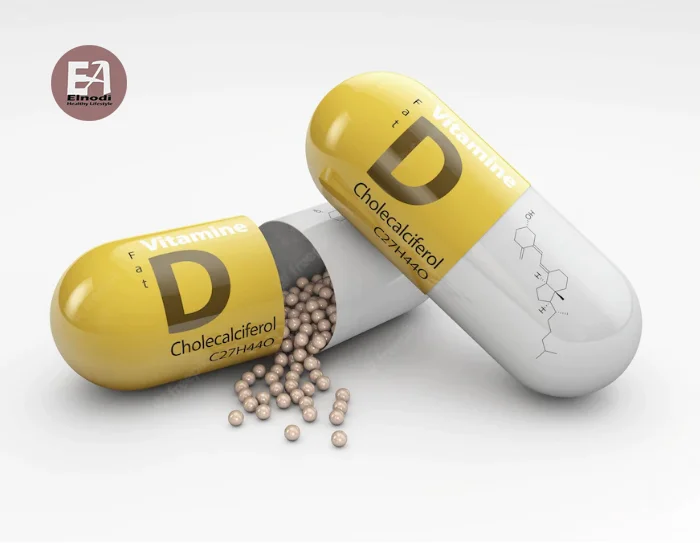
Vital for bone health and immunological function. Vegans can obtain vitamin D from fortified plant-based milk, orange juice, and sun exposure. However, depending on where you live and how much time you spend outside, a supplement may be necessary.
| Food Source | Vitamin D Content (IU per serving) |
|---|---|
| Fortified plant-based milk (1 cup) | 100 – 120 |
| Fortified orange juice (1 cup) | 100 – 150 |
| Fortified breakfast cereals (varies by brand) | Varies, typically 40 – 100 |
| Fortified margarine/spread (1 tablespoon) | 60 – 100 |
| Fortified plant-based yogurt (varies by brand) | Varies, typically 80 – 120 |
| Fortified tofu (varies by brand) | Varies, typically 80 – 120 |
| Mushrooms exposed to UV light (3.5 ounces) | Varies, typically 100 – 400 |
3. Omega-3 fatty acids

vital to both brain and cardiac health. Omega-3s are available to vegans through foods and supplements made of algae, walnuts, hemp seeds, chia seeds, and flaxseeds.
| Food Source | Omega-3 Fatty Acid Content (per serving) |
|---|---|
| Flaxseeds | About 7.3 grams of ALA per tablespoon |
| Chia seeds | About 5.1 grams of ALA per ounce |
| Hemp seeds | About 2.6 grams of ALA per tablespoon |
| Walnuts | About 2.5 grams of ALA per ounce |
| Flaxseed oil | About 7.3 grams of ALA per tablespoon |
| Chia seed oil | About 5.1 grams of ALA per tablespoon |
| Hemp seed oil | About 2.6 grams of ALA per tablespoon |
| Soybeans (cooked) | About 0.9 grams of ALA per 1/2 cup serving |
| Tofu (firm, made with soy) | About 0.3 grams of ALA per 3-ounce serving |
| Brussels sprouts | About 0.1 grams of ALA per 1/2 cup serving |
| Spinach | About 0.1 grams of ALA per 1/2 cup serving |
4. Calcium
essential for maintaining healthy bones and muscles. Fortified plant-based milk, tofu, kale, broccoli, almonds, and sesame seeds are all excellent vegan sources of calcium.
| Food Source (1) | Calcium Content (mg per serving) |
|---|---|
| Fortified plant-based milk (1 cup) | 300 – 500 |
| Fortified plant-based yogurt (varies by brand) | 150 – 300 |
| Fortified orange juice (1 cup) | 300 – 350 |
| Fortified breakfast cereals (varies by brand) | Varies, typically 100 – 1000 |
| Fortified tofu (varies by brand) | 100 – 500 |
| Collard greens (1 cup, cooked) | 250 |
| Kale (1 cup, cooked) | 180 |
| Bok choy (1 cup, cooked) | 150 |
| Turnip greens (1 cup, cooked) | 200 |
| Broccoli (1 cup, cooked) | 45 |
| Almonds (1/4 cup) | 94 |
| Sesame seeds (1 tablespoon) | 88 |
| Tahini (2 tablespoons) | 130 |
5. Iron
vital for the blood’s oxygen transport system. Lentils, chickpeas, tofu, spinach, quinoa, fortified cereals, and pumpkin seeds are vegan sources of iron. Foods high in vitamin C should be consumed with foods high in iron to improve absorption.
| Food Source (2) | Iron Content (mg per serving) |
|---|---|
| Lentils (cooked, 1 cup) | 6.6 |
| Chickpeas (cooked, 1 cup) | 4.7 |
| Tofu (firm, ½ cup) | 6.6 |
| Spinach (cooked, 1 cup) | 6.4 |
| Quinoa (cooked, 1 cup) | 2.8 |
| Fortified breakfast cereals (varies by brand) | Varies, typically 1 – 18 |
| Pumpkin seeds (1 ounce) | 4.2 |
| Tempeh (1 cup) | 2.2 |
| Blackstrap molasses (1 tablespoon) | 3.6 |
6. Zinc
Important for immunological function and wound healing. Vegan sources of zinc include legumes, nuts, seeds, whole grains, tofu, and tempeh.
| Food Source (3) | Zinc Content (mg per 100 grams) |
|---|---|
| Pumpkin seeds | 7.81 |
| Hemp seeds | 7.90 |
| Sesame seeds | 7.75 |
| Cashew nuts | 5.78 |
| Quinoa | 3.31 |
| Lentils | 3.30 |
| Chickpeas | 2.89 |
| Almonds | 3.13 |
| Sunflower seeds | 5.00 |
| Pine nuts | 6.45 |
7. Iodine
Necessary for thyroid function and metabolism. Vegans can obtain iodine through iodized salt, seaweed, and supplements. However, you must avoid taking too much iodine, as this might be dangerous.
| Food Source (4) | Iodine Content (per 100g) |
|---|---|
| Seaweed (dried) | 16,000 – 30,000 mcg |
| Nori seaweed (dried) | 37 – 45 mcg |
| Wakame seaweed (dried) | 66 – 87 mcg |
| Kombu seaweed (dried) | 2,000 – 2,500 mcg |
| Arame seaweed (dried) | 730 – 900 mcg |
| Hiziki seaweed (dried) | 770 – 960 mcg |
| Spirulina (dried) | 0.35 – 0.55 mcg |
| Cranberries (dried) | 4 – 5 mcg |
| Navy beans (cooked) | 10 mcg |
| Strawberries (raw) | 13 mcg |
FAQs
Do you need to take supplements on a vegan diet?
What supplements are vegans lacking?
What supplements should I take if I don’t eat meat?
How do vegans get protein?
References
- https://www.dietaryguidelines.gov/food-sources-calcium ↩︎
- https://www.healthlinkbc.ca/healthlinkbc-files/iron-foods ↩︎
- https://ods.od.nih.gov/factsheets/Zinc-HealthProfessional/ ↩︎
- https://www.hsph.harvard.edu/nutritionsource/iodine/ ↩︎


